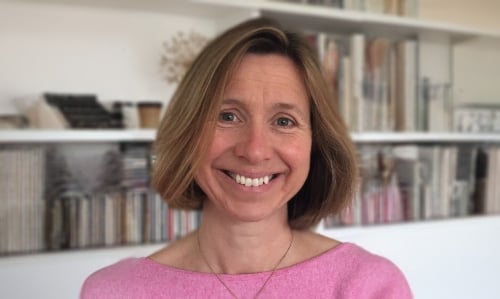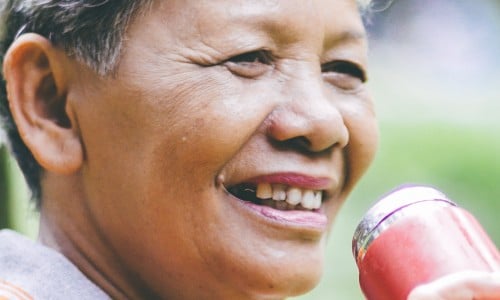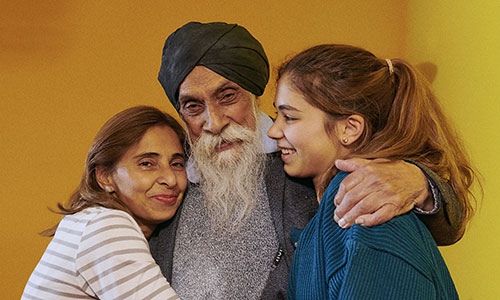For more than twenty years, Dr Lucy Pollock has specialised in treating and caring for older people. More recently, she has written a book, The Book About Getting Older, to help everyone better understand the challenges older people face.
Lucy hopes that the book will give honest answers to tough questions, so that everyone can support their loved ones and themselves to lead long, happy, healthy lives.
“Older people are just the rest of us grown up,” says Lucy simply. “But I think most people have an older person in their life – be it a spouse, neighbour, parent or grandparent – who they may be worried about.”
“Information is power. So, for me, the best thing I can possibly do is to give readers the words and confidence they need to tackle difficult questions and situations. Later life can be complicated. If I’ve helped just one reader with that, then I’ll have done my job.”
When did you become more personally aware of the challenges for older people?
“Before I became a medical student, I hadn’t spent a lot of time with older people. My remaining two grandparents lived far away, and we didn’t have a very close relationship. But my father was a geriatrician, so I think I was always subconsciously drawn to practising medicine for older people because of that. I quickly learned that older people are so interesting, but they can be challenging to treat and diagnose – it’s very easy to get treatment wrong, but it’s enormously rewarding to get it right.”
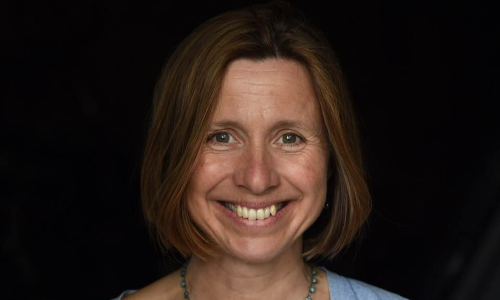
I think one of the main challenges older people are facing is the way society often treats them as ‘other’.
“Younger people can be awkward or naïve about older people, especially if they haven’t spent much time around them before. I know I was guilty of this at the start of my medical career. But an older person is still a person. I’ve learned loads from my patients – not just about medicine, but about life. One of the greatest rewards of my job is simply listening and realising what’s important to somebody.”
How can we debunk the misconceptions about older people and change their position in society?
“What’s interesting is that even in countries like Japan where older people have historically been respected and revered, attitudes have been shifting recently and some of that respect has been slipping away. Respect is a very vulnerable concept, and it can be lost quite easily. So, I think what’s important instead is to develop honesty and clarity. It’s so crucial that we recognise that older people are as diverse as any other group of people.
“Living a good later life also doesn’t mean that you need to be contented every day. For some reason, it’s often assumed that older people have a very bland set of emotions, but it’s just not the case. Many older people have been through some terrible things in their life, and it’s perfectly okay for them to have sad days.
“As a society we need to be realistic and honest about older people, and this change in attitude needs to influence the decisions made by politicians and policy makers too.”
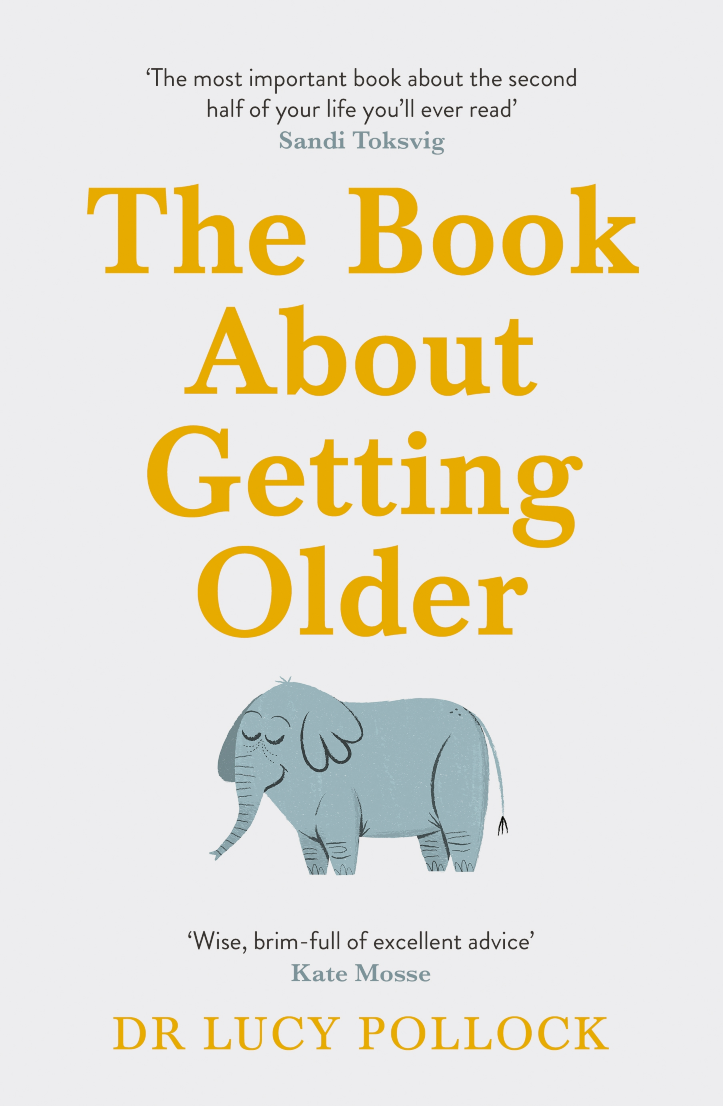
You mention in your book that the ‘goalposts of ageing’ have moved over the years. How do you define that?
“Life expectancy has increased year-on-year until very recently, but ‘healthy life expectancy’ just hasn’t kept up at the same rate. This means that older people are – on average – living four years longer than 20 years ago, but they’re also living a bigger proportion of their lives with a disability. In some cases, this disability may not greatly affect their independence or ability to enjoy life, but for others it has a huge impact.
“However, it’s important not to make assumptions. Assuming that someone doesn’t have a good quality of life just because they’re housebound is wrong. In the same way, an older person who appears to be happy and healthy may actually be very tired and ready for their life to come to an end. It’s nuanced, and we need to realise that our goals, wishes and expectations for our life evolve as we get older.”
What are your hopes for the future of ageing?
“Something I’ve been thinking very hard about over the last few years is how do we make ageing better. Most recently, the pandemic has obviously had a massive impact on people in later life. As well as the fear of coronavirus itself, many older people have been affected by physical and mental deconditioning from not getting outdoors, not being active and not seeing their families. So it’s important that we restore their confidence, because isolation can be incredibly damaging.”

Older people are accustomed to facing very difficult situations. In later life, your day-to-day existence can move from being relatively untroubled to quite complicated quickly.
“That’s where we all need to get better at solving these challenges. On an individual level, older people and their families must get better at talking to each other honestly about their problems and wishes. On a societal level, we need to prioritise making changes to healthcare systems and government policies to improve older people’s lives. I’m currently working on a local project to provide some hospital services at home, which will allow older people to access care in their own environments. This would be a game changer, but more needs to be done. And many staff are so tired and overwhelmed at the moment, so it’s very difficult.
“There’s a long way to go but I believe things can change. Good care is cheaper than bad care. And listening to someone’s needs is more resource-effective than applying standard health guidelines. We must listen to every individual.”
Having written the book, what is your top advice for a more positive outlook as we age?
“Make time for humour and fun! Old age can be full of joy and laughter, but sometimes it’s easy to get busy or sink into a routine. Even if you have to plan a fun activity, make sure you regularly do something that gives you a lift. It’s vital to enjoy the small things and keep connecting to others.”
The Book About Getting Older is out now in paperback via Penguin.
Getting the information you need
Life can change quickly as we get older. Age UK's information guides can provide answers to questions you may have about finances, health and relationships in later life.



